Terribly uncomfortable shoes of medieval women
In Europe in the XIV-XVII centuries, women's shoes with very thick soles were common — chopins, zoccoli or pianella. It is believed that it was created in Venice, partly influenced by similar shoes from Central Asia. The platforms were made of cork or wood, they reached a height of 50 centimeters, according to other sources - 1 meter (39 inches).
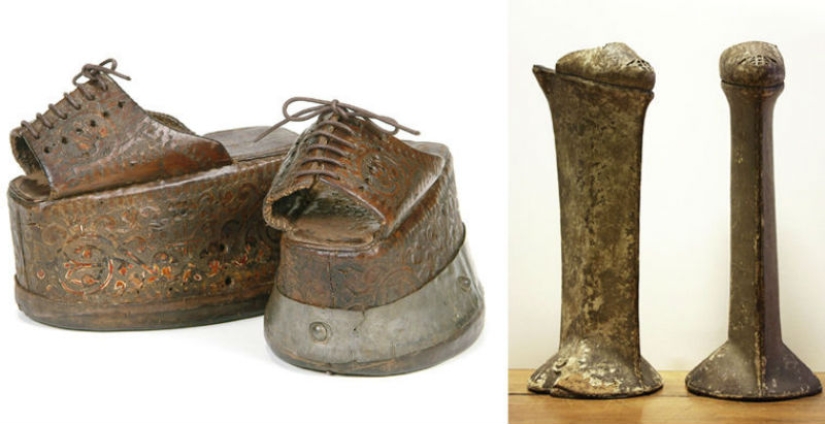

Such shoes made it possible to emphasize their status and not to get their dress and feet dirty in the dirt and urban sewage. They were worn by both noblewomen and commoners.

Sometimes such shoes were extravagant and expensive. It was made of wood and covered with fine silk or velvet, and sometimes decorated with silver lace, precious stones and silk tassels.

It was inconvenient to put on such shoes and walk in them, while rich women were supported by maids.
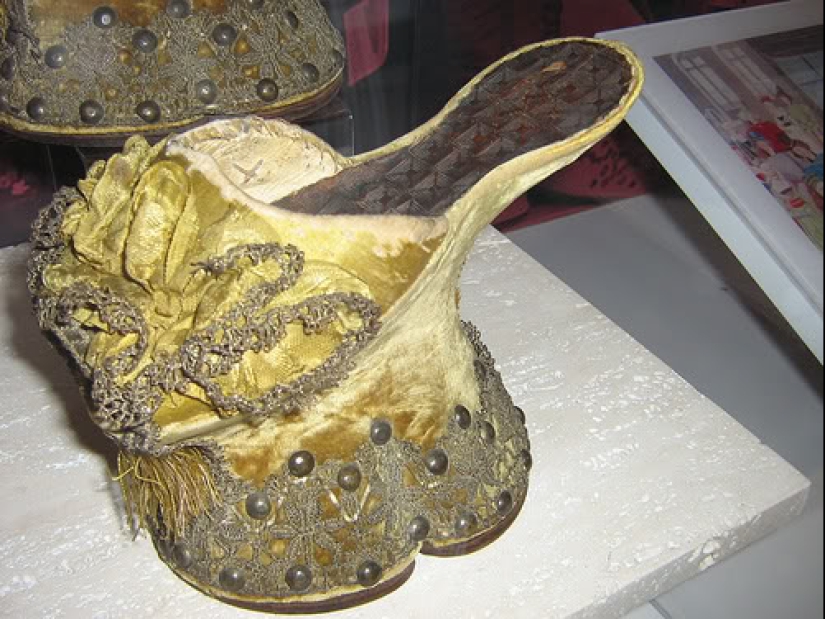
In Venice, these shoes were called "zoccoli" - from the sound they made when walking.
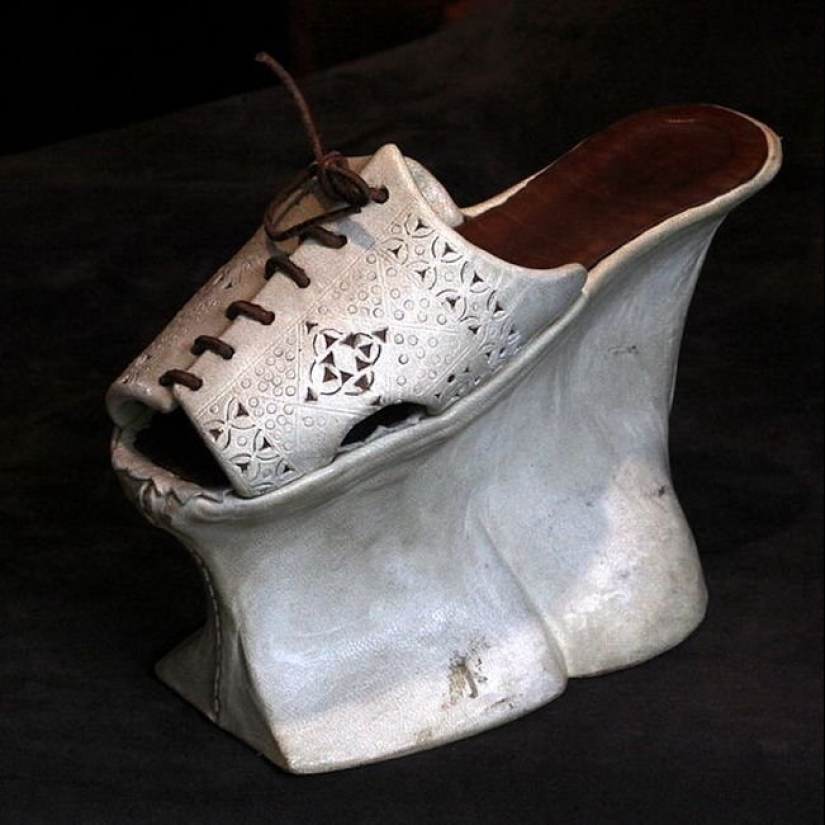
The Catholic Church considered these shoes depraved and dissolute. Now the word zoccola (a feminine noun formed from zoccolo — "wooden shoe") in Italian slang is used in the meaning of "prostitute".
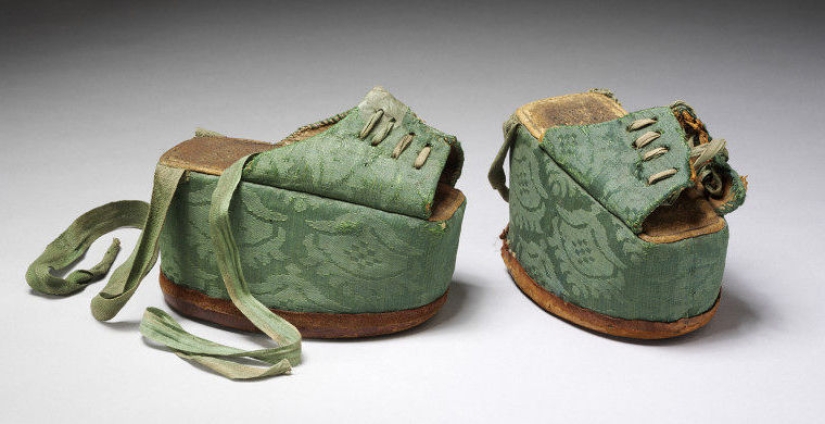
In Spain, zoccoli were comfortable, most often rustic shoes, saving from puddles and dirt. They were called chapín (this is also an imitation of the sound made when walking). Since this shoe got into the English language under the name chopine, the Spaniards claim that they invented platform shoes.
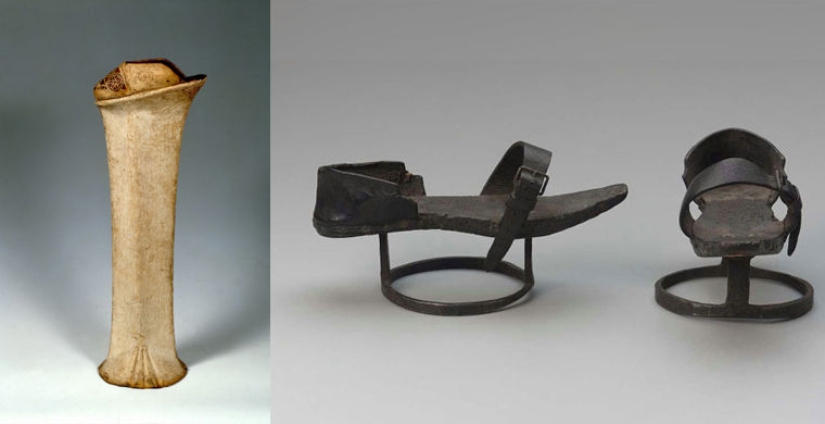
Like zoccoli, chopins were made of wood or leather, but both men and women wore them. In each separate area, they had their own characteristics, their carving-decoration, their sock shape and their local names. For example, in Cantabria they were called "albarca— (albarca) - albarks are worn here to this day.
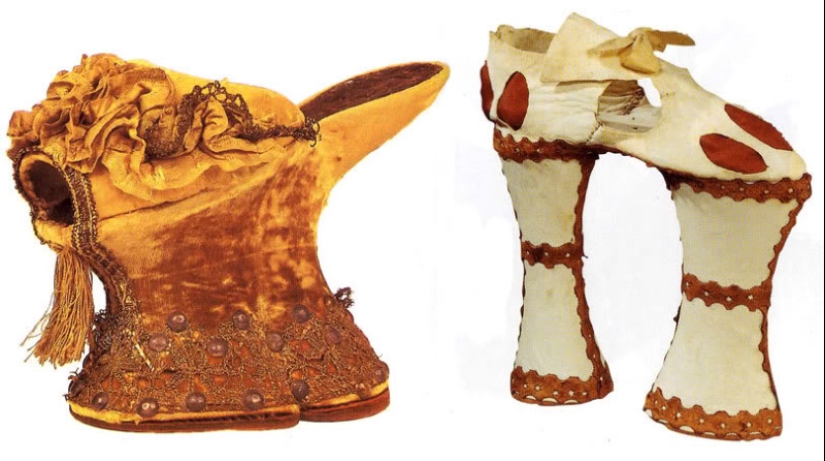
In Germany, chopins were called Dreckschuhe — "mud shoes".
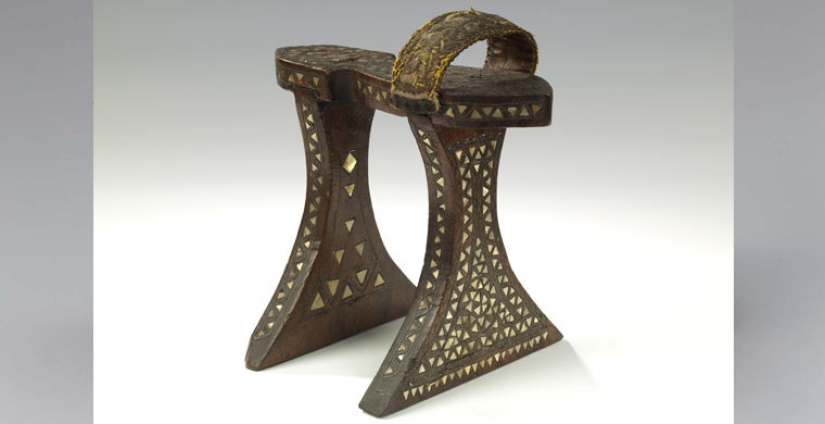
The fashion for chopins also affected England. If the English bride added to her height with chopins and the groom found out only after the wedding, then in case of dissatisfaction he could refuse such a marriage.
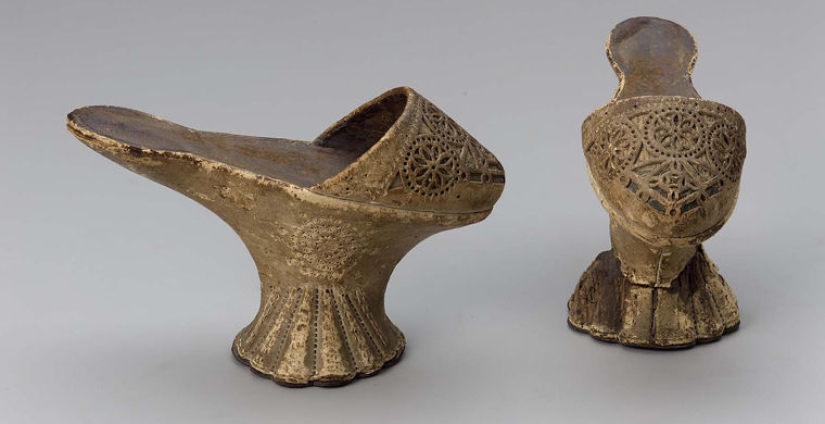
Platform sandals were used both in Turkey and in Morocco — at first only as bath shoes, and then Oriental ladies began to wear them outside in bad weather, like European women.
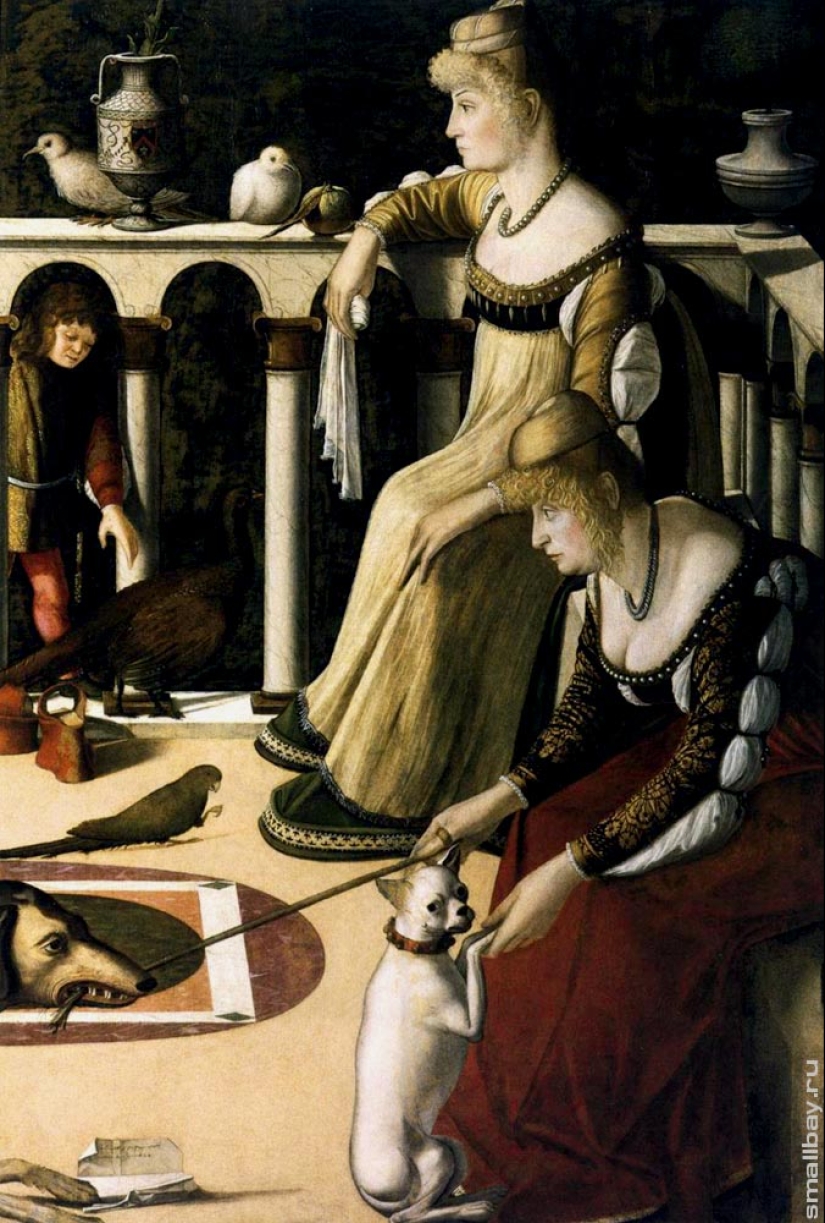
Painting by Vittore Carpaccio "Two ladies". John Ruskin was sure that Carpaccio painted a portrait of these women to order and found a way to show his attitude towards them: "In order to indicate a satirical idea in general, a pair of ladies' shoes was placed in the corner, which were the most vulgar and absurd means of expressing female pride in the XV and subsequent centuries."

Jean Etienne Liotard — "Two Turkish Women".
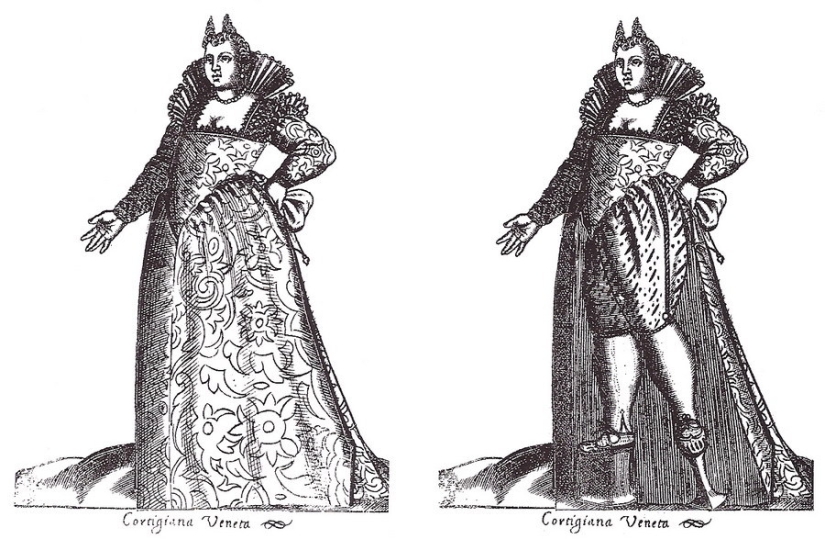
Platform shoes — leather, wooden, metal - served people for several centuries and went out of fashion only in the XVII century, when they were replaced with heels. It is believed that in Venice, wearing chopins was banned when a pregnant woman fell from them and lost her child.

Jean-Leon Jerome — "Bathhouse".
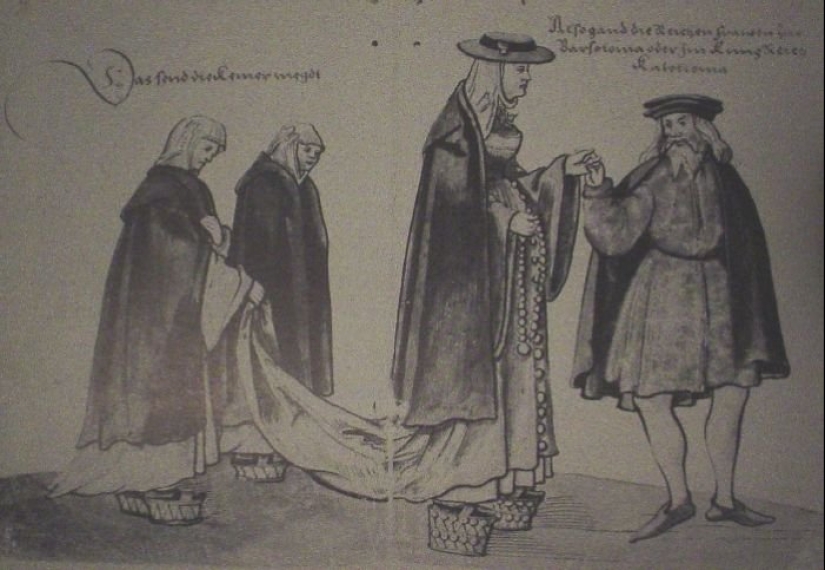
In the XX century, thanks to the designer Salvatore Ferragamo, platform shoes came back into fashion. The original chopins are now preserved only in a few museums.
Recent articles

It's high time to admit that this whole hipster idea has gone too far. The concept has become so popular that even restaurants have ...

There is a perception that people only use 10% of their brain potential. But the heroes of our review, apparently, found a way to ...

New Year's is a time to surprise and delight loved ones not only with gifts but also with a unique presentation of the holiday ...